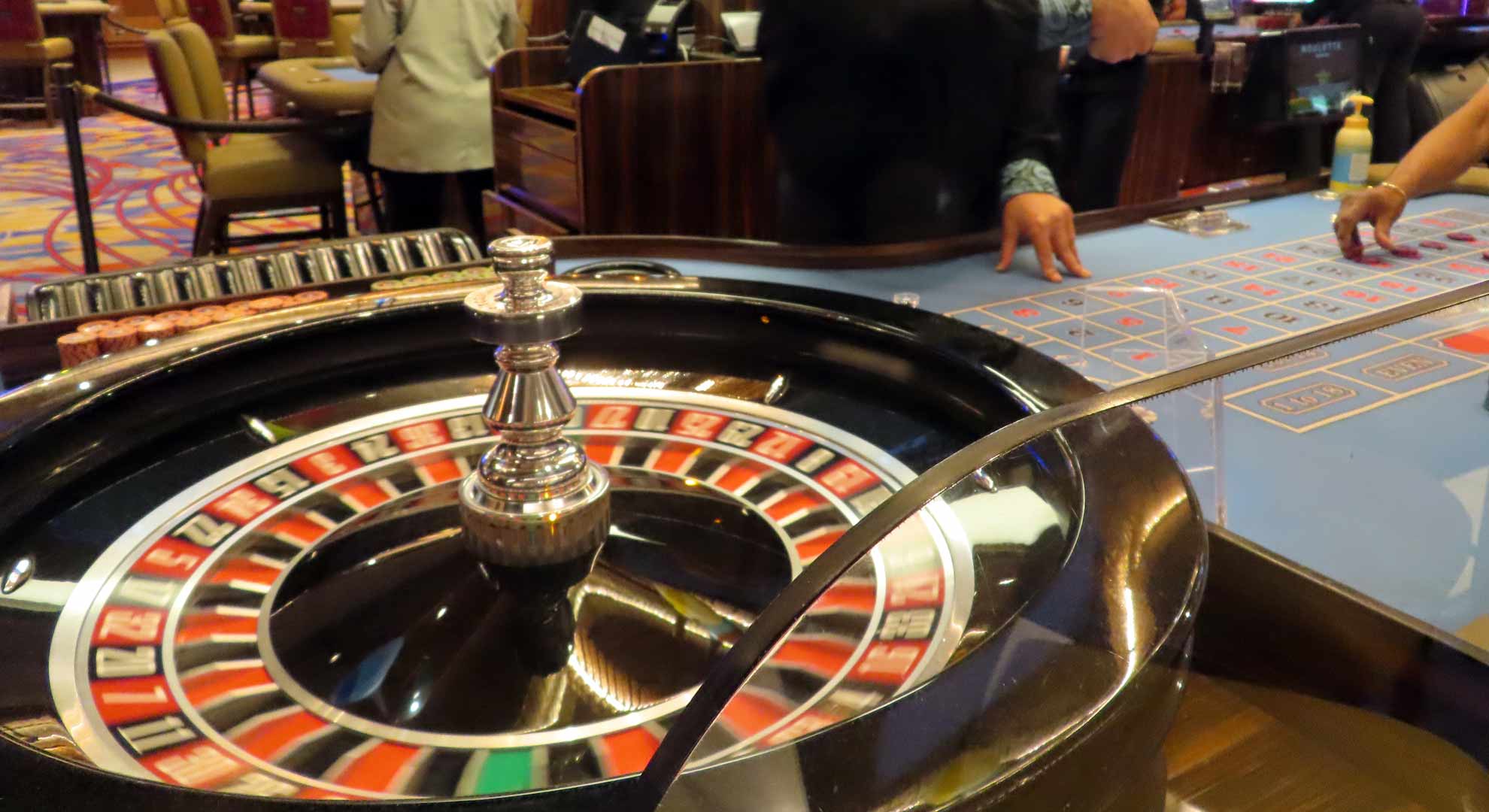The Science Behind Slot Addiction

The Science Behind Slot Addiction
Slot machines, with their flashing lights, captivating sounds, and the promise of instant riches, hold a unique allure. But for some, this allure morphs into a destructive obsession: slot addiction. Understanding the science behind this addiction is crucial for prevention, intervention, and ultimately, recovery. This article delves into the neurological, psychological, and environmental factors that contribute to the development of slot addiction.
The Neurological Basis of Slot Addiction
At its core, addiction is a brain disease. Slot machines exploit the brain's reward system, primarily the dopamine pathways. Dopamine is a neurotransmitter associated with pleasure, motivation, and reinforcement. When we experience something rewarding, such as winning money, the brain releases dopamine, creating a feeling of euphoria and reinforcing the behavior that led to the reward. Slot machines are designed to trigger this dopamine release, even during near misses or small wins.
The unpredictability of slot machines plays a significant role. The variable ratio reinforcement schedule, where rewards are dispensed at random intervals, is particularly effective at maintaining addictive behavior. Unlike fixed rewards, unpredictable rewards keep the brain guessing, leading to increased dopamine release and heightened anticipation. This intermittent reinforcement creates a powerful craving that can be difficult to resist. Furthermore, repeated exposure to slot machines can lead to changes in brain structure and function, making it harder to control impulses and resist cravings.
Psychological Factors Contributing to Slot Addiction
Beyond the neurological factors, several psychological vulnerabilities can increase the risk of developing slot addiction. These include:
- Impulsivity: Individuals with high levels of impulsivity are more likely to engage in risky behaviors, including gambling.
- Sensation-Seeking: Those who enjoy excitement and novelty may be drawn to the fast-paced and unpredictable nature of slot machines.
- Depression and Anxiety: Some individuals use gambling as a way to cope with negative emotions, providing temporary relief from feelings of sadness or stress.
- Low Self-Esteem: Gambling can provide a sense of accomplishment or validation, particularly when winning, which can be appealing to individuals with low self-esteem.
- Cognitive Distortions: Irrational beliefs about gambling, such as the belief that one can influence the outcome of a game or that a winning streak is inevitable, can contribute to addictive behavior.
These psychological factors, combined with the addictive properties of slot machines, can create a perfect storm for the development of addiction. It's important to note that while winning feels good, the pursuit of chasing losses can be just as addicting, if not more so. Consider exploring other forms of entertainment, such as following your favorite sports team on m88 sport com.
Environmental Influences on Slot Addiction
The environment in which gambling occurs also plays a significant role in the development and maintenance of slot addiction. Factors such as the availability of slot machines, the social acceptability of gambling, and exposure to gambling advertising can all contribute to the problem.
- Accessibility: The more easily accessible slot machines are, the more likely individuals are to gamble. The proliferation of casinos and online gambling platforms has made slot machines readily available to a large population.
- Marketing and Advertising: Gambling advertising often portrays gambling as a glamorous and exciting activity, downplaying the risks and potential consequences. This can normalize gambling behavior and encourage individuals to try their luck.
- Social Norms: In some communities, gambling is a socially acceptable activity, and individuals may feel pressure to participate in order to fit in.
- "The Zone": Slot machines are often designed to create an immersive experience, known as "the zone," where gamblers lose track of time and their surroundings. This can make it difficult to stop gambling, even when experiencing negative consequences.
Breaking the Cycle: Treatment and Prevention
Understanding the science behind slot addiction is the first step towards breaking the cycle. Effective treatment options include:
- Cognitive Behavioral Therapy (CBT): CBT helps individuals identify and challenge negative thought patterns and behaviors that contribute to gambling addiction.
- Motivational Interviewing: Motivational interviewing helps individuals explore their ambivalence about gambling and develop a commitment to change.
- Support Groups: Support groups, such as Gamblers Anonymous, provide a safe and supportive environment for individuals to share their experiences and receive encouragement from others who are struggling with addiction.
- Medication: In some cases, medication may be prescribed to help manage cravings and withdrawal symptoms.
Prevention is also crucial. Educating individuals about the risks of gambling, promoting responsible gambling practices, and limiting access to slot machines can all help reduce the incidence of slot addiction.
Slot addiction is a complex issue with neurological, psychological, and environmental roots. By understanding these factors, we can develop more effective strategies for prevention, intervention, and treatment, ultimately helping individuals break free from the grip of this destructive addiction and reclaim their lives. Remember to gamble responsibly and seek help if you or someone you know is struggling with gambling addiction. There are resources available to support recovery and promote a healthier relationship with gaming and other recreational activities.
```